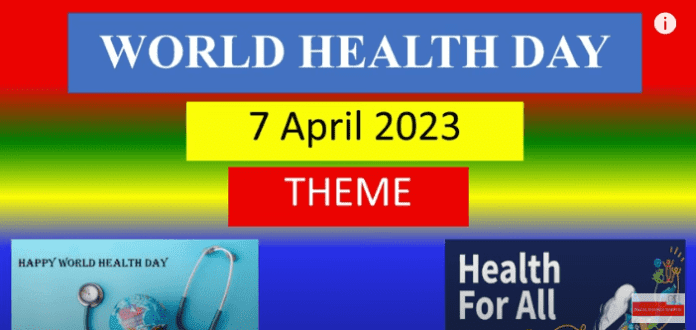World Health Day: Research shows that writing things down by hand improves memory functioning
ONE IN FOUR adults have trouble with recall: Study from UK’s leading biography-writing service reveals symbiotic relationship between journaling and memory
CEO and founder of StoryTerrace, Rutger Bruining, discusses how putting pen to paper can support health outcomes and improve wellbeing
- 17% say that journaling has had the biggest impact on improving their memory
- 22% of UK adults feel that journaling has been the most beneficial aid to their mental health to date
- 31% of people say that writing about their experiences in a creative way has allowed them to understand and accept themselves more with this having the strongest impact on Gen Z’s (49%)
- 24% have trouble recalling important memories from their past
Multiple studies show that we remember things better when we write them down by hand. However, in the age of revolutionary and rapidly developing technology, such as ChatGPT, the need for noting information down in the now old-fashioned, analogue format is becoming, arguably, obsolete. Whilst this might be the case in certain scenarios, our collective memory bank is becoming increasingly weak and reliant on digital portals to do the work for us. This comes as research from NHS Digital shows that cases of dementia in the UK are record high and are projected to rise to over one million by 2030 and over 1.6 million by 2050.
In light of World Health Day on April 7th 2023, the nation’s top biography-writing service, StoryTerrace, which helps individuals document and preserve their life stories with professional ghostwriters, commissioned an enlightening study highlighting the positive relationship between journaling and memory recall.
n a series of recent first-person accounts discussing the replacement of technology over memory, a psychologist comments: “When people rely on technology to remember something for them, they’re essentially outsourcing their memory”, and in turn fail to pay attention to key events. Today’s research from StoryTerrace unveils the real outcome of neglecting human memory as just under one in four (24%) agree they now have trouble recalling important memories from their past. In line with this, esteemed Professor of Neurology, Andrew Huberman, publicly stated that: “The value of reading, and of writing things down that we read, or hear, cannot be overstated.” He explains that when we read text or listen to something and then write key aspects/takeaways down by hand, it engages our motor control centres that etch information to our memory.
Consistent with this, StoryTerrrace’s present data shows that just 17% agree that journaling has had the biggest impact on improving their memory and over one in five (22%) further admit that diary keeping has been the most beneficial aid to their mental health to date. This comes as stats from Google reports show a 110% increase in searches for journaling ideas over the past year. It has also been found that regular journaling practices help people simplify and organise fragmented memories, and that writing for 20 minutes can yield important effects not only in terms of physical health and mental health but also in terms of cognitive abilities.
As concerns continue rising about the prevalence of memory loss and dementia amounting evidence suggests that taking notes, however cursory, might just be the best way to remember and implement information later.
Rutger Bruining, founder and CEO of StoryTerrace, discusses the importance of penning down your memories:
“For me, tales from my grandfather are what made me realise the importance of documenting our lives. His words and stories held great importance in my life and having those written down were very crucial. Through our proprietary research, we have seen a boom in people picking up journaling and it is often these journals that form the foundation of any memoir. As they offer insight into how we felt at certain times, our perception of events and our surroundings. All of which is the very essence of providing clarity on how we recall our memories.
“It has become increasingly evident that people are desperate to preserve their legacies so that their stories can live on. We now spend so much of our lives in the digital world – documenting experiences on social media and in virtual photo albums – that it is hard to retrieve how we felt at given moments. This is something that journaling can provide that, I feel, no other form of documentation can.”

| [donate]
| Help keep news FREE for our readersSupporting your local community newspaper/online news outlet is crucial now more than ever. If you believe in independent journalism,then consider making a valuable contribution by making a one-time or monthly donation. We operate in rural areas where providing unbiased news can be challenging. |






















